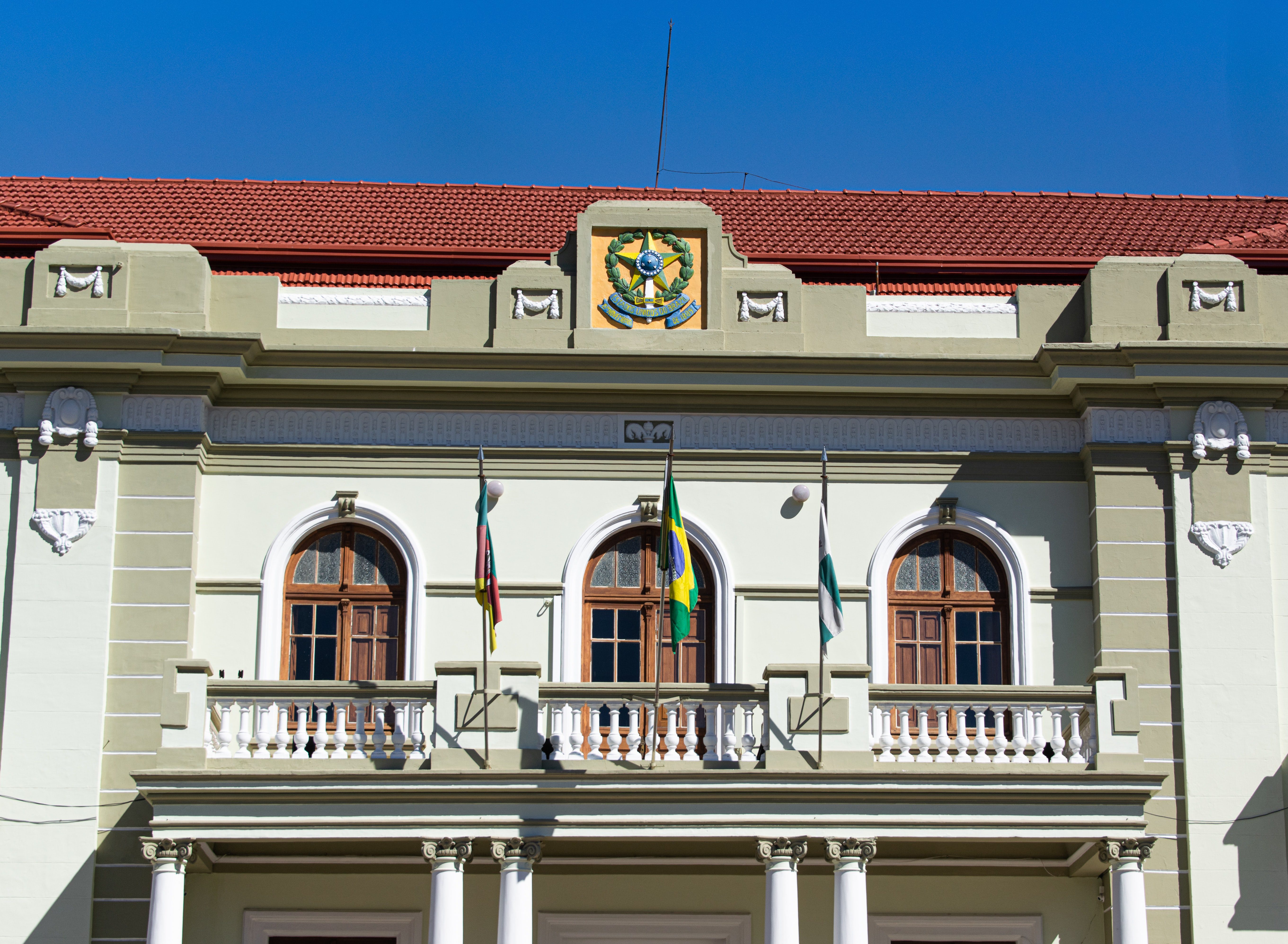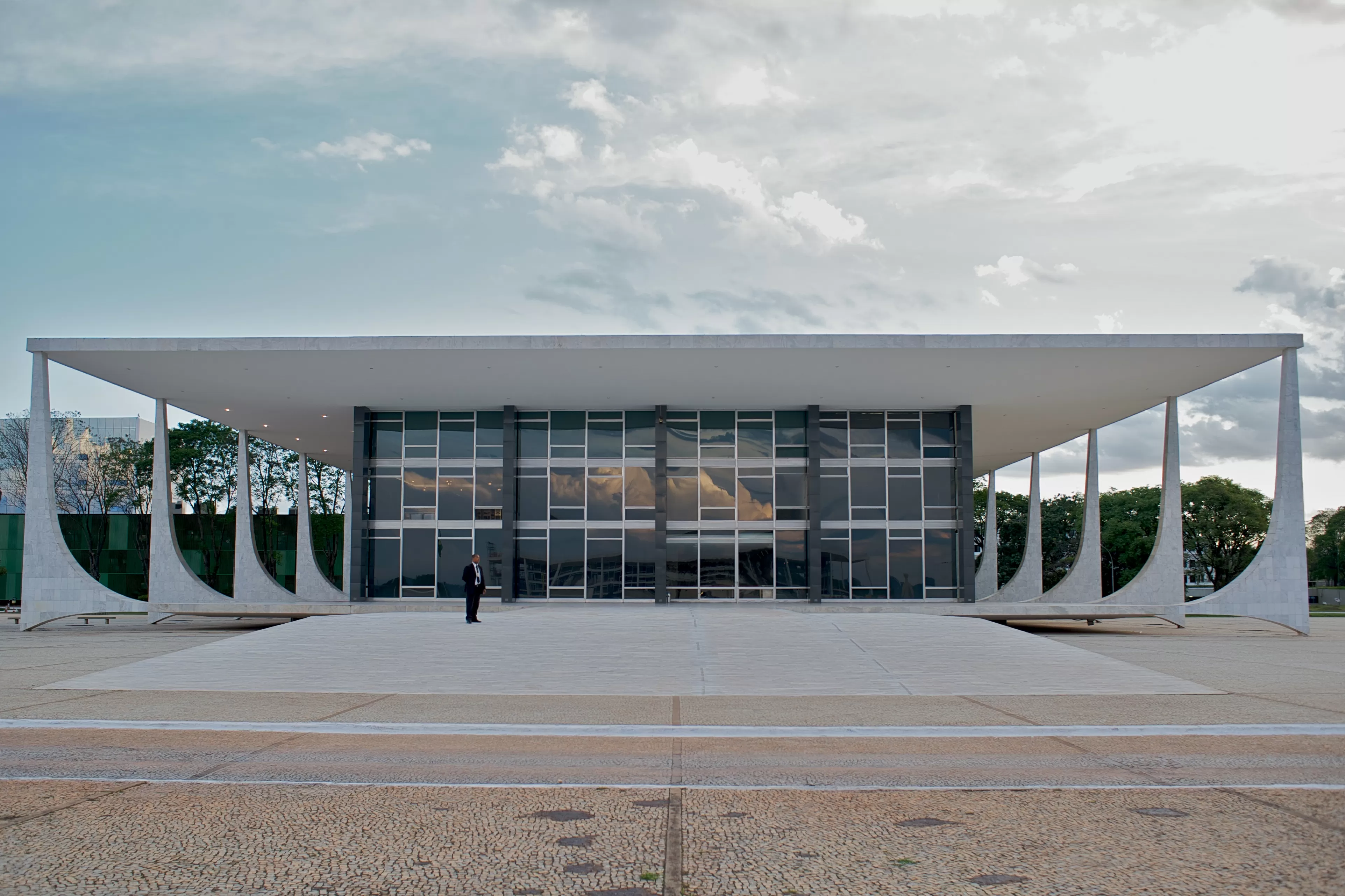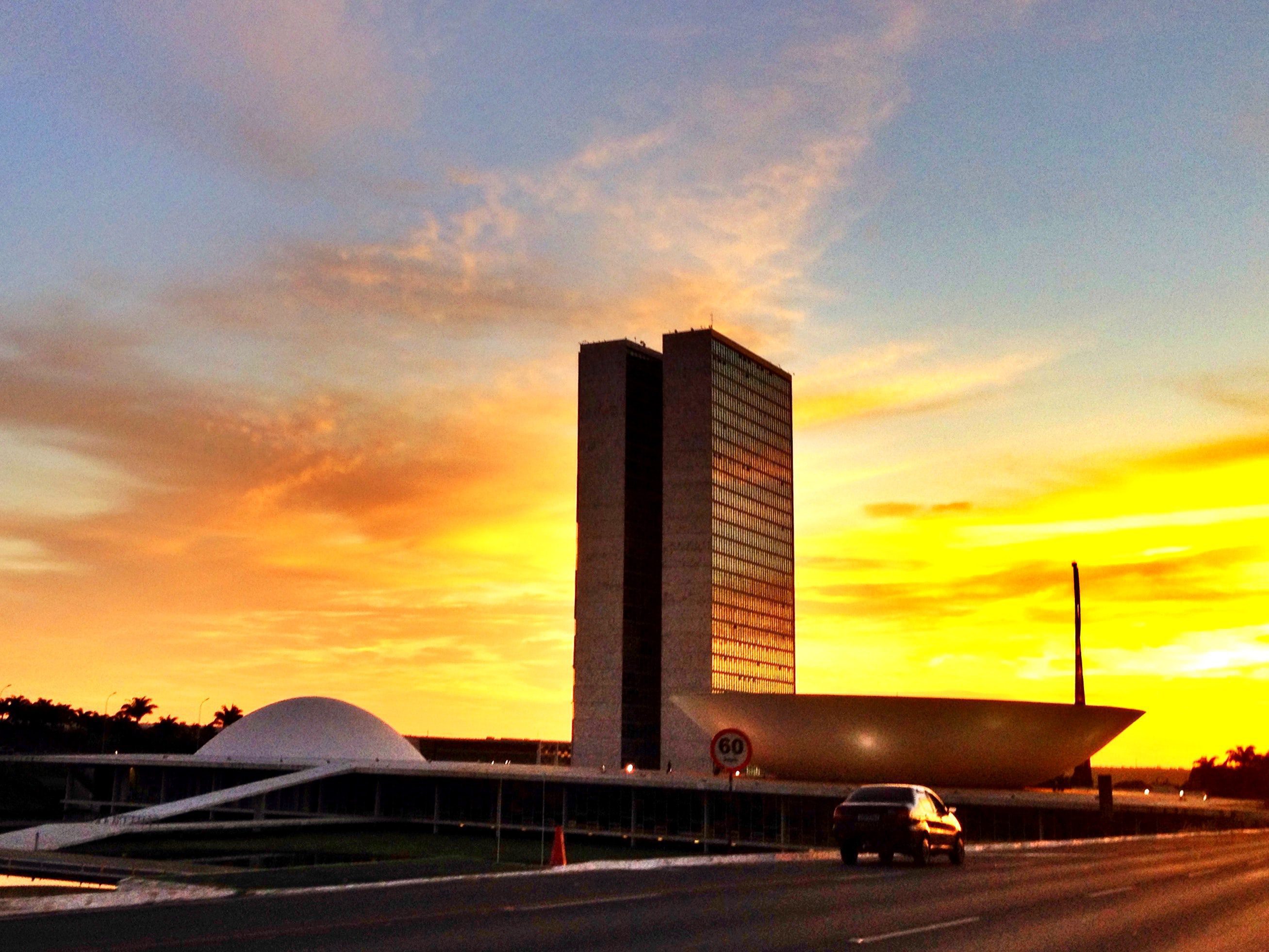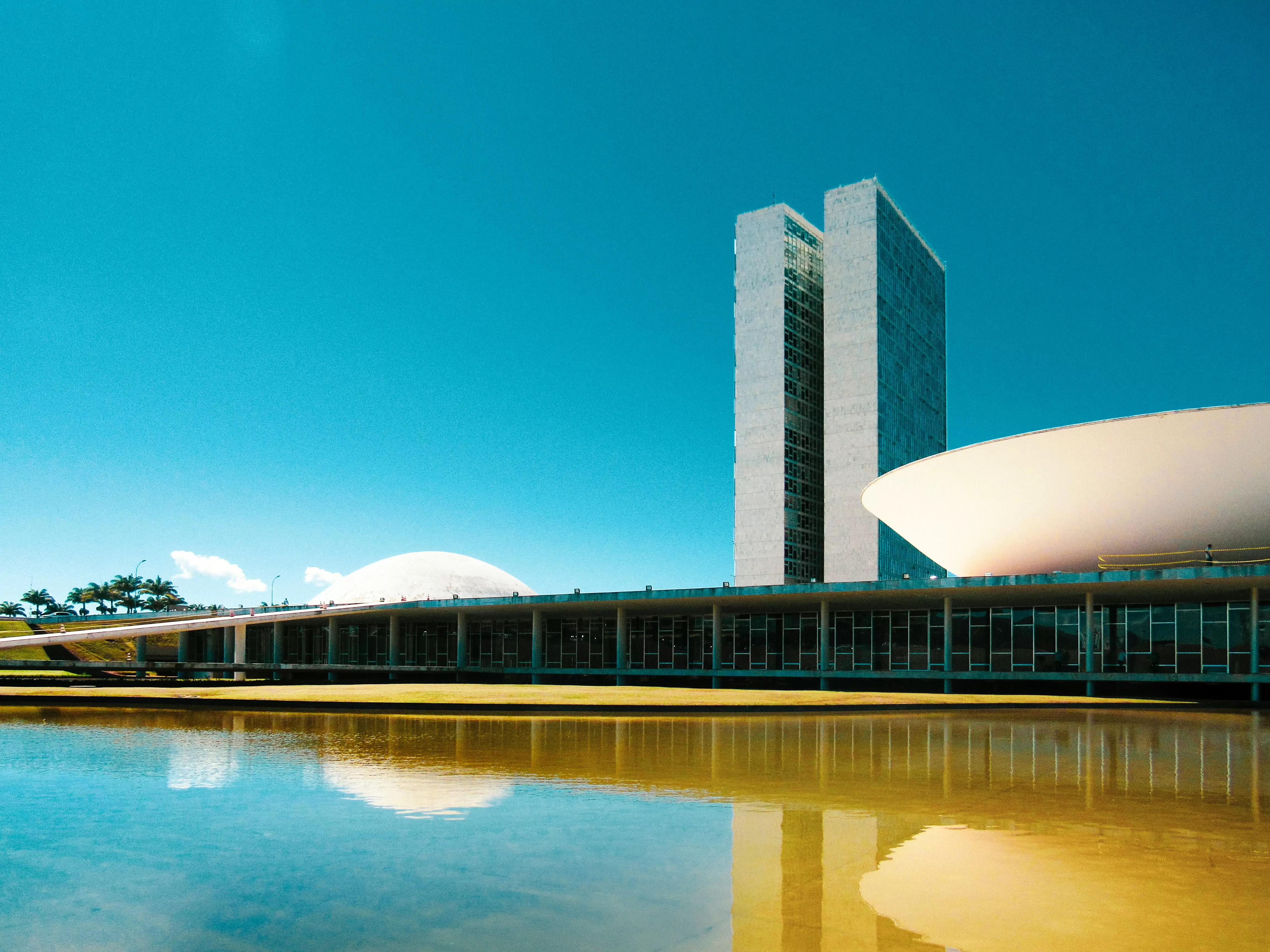1. CONCEPT
The mayor is the highest leader of a municipality and is responsible for ensuring the well-being and progress of the community he or she governs. He or she is elected by the people and serves a four-year term.
The mayor's main tasks include administering public resources, managing public services, developing and implementing public policies, and representing the municipality at state and federal levels.
The mayor is responsible for ensuring that essential public services, such as health, education, security, transportation, and basic sanitation, are adequately provided to the population.
He is also responsible for developing and implementing projects and programs aimed at the economic and social development of the municipality.
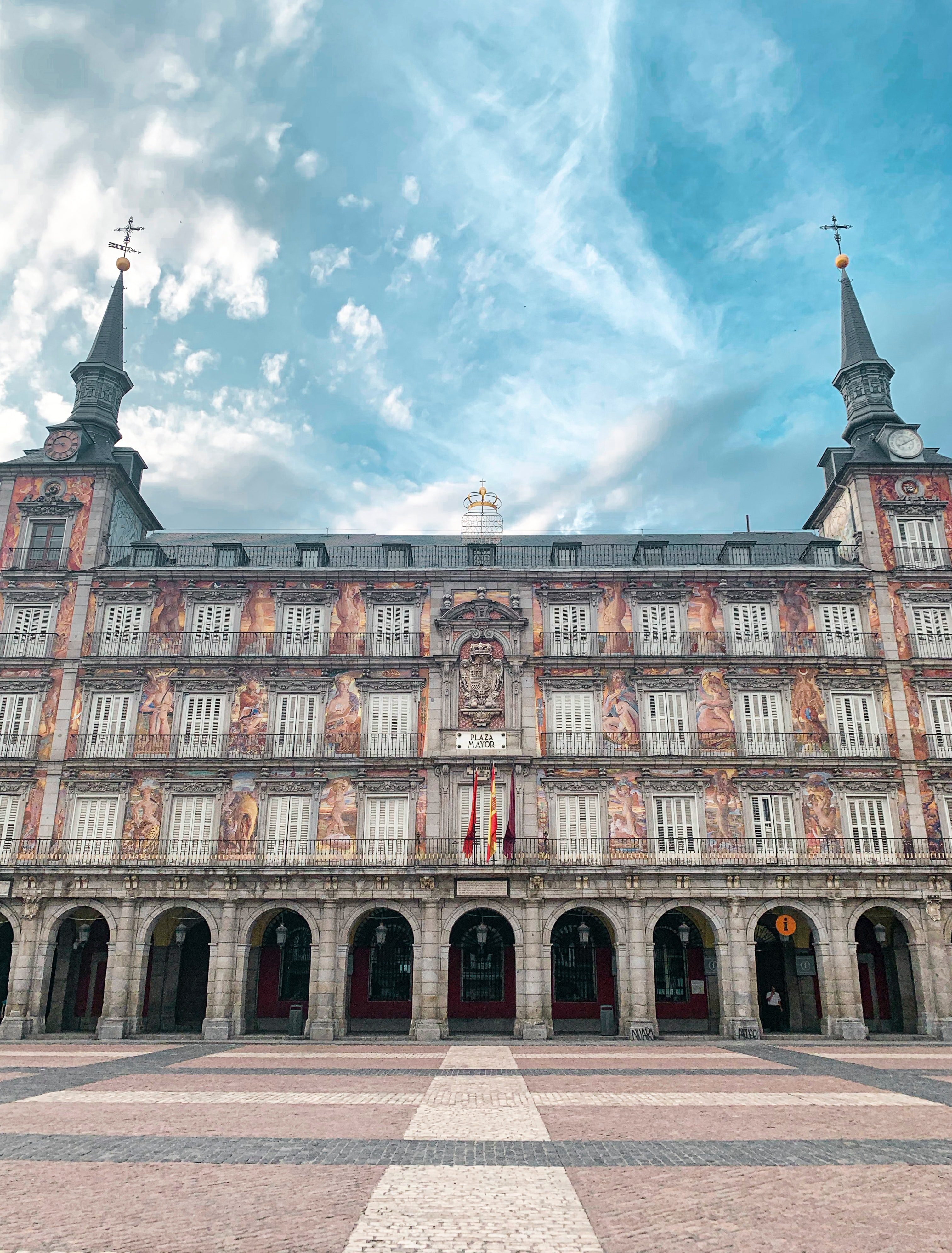
The mayor is also responsible for the financial management of the municipality, including the preparation and execution of the municipal budget, tax collection and the administration of public resources.
He also has the role of leading and coordinating the team of municipal secretaries and employees, in order to ensure efficiency and transparency in public management.
The mayor is also responsible for representing the municipality at the state and federal levels, establishing alliances and partnerships with other government entities and participating in forums and debates on public policies.
In short, the mayor is primarily responsible for the administration and management of a municipality, with the main objective of ensuring the well-being and progress of the community he governs.
Its functions include administration of public resources, management of public services, development and implementation of public policies and representation of the municipality at state and federal levels.
2. ELECTORAL PROCESS
The mayoral election process is regulated by the Federal Constitution and electoral law. It takes place every four years, usually alongside elections for city councilors and governors.
Mayoral elections are held directly, meaning voters cast their ballots directly for the candidate of their choice. Candidates can be affiliated with political parties or run as independents.
Before elections, political parties hold conventions to select their mayoral candidates. Independent candidates, on the other hand, must obtain a specific number of signatures from municipal voters to be eligible to run.
In the election, the candidate who receives an absolute majority of valid votes is declared the winner. If no candidate achieves an absolute majority, a second round of voting takes place between the two candidates with the most votes.
It is important to highlight that the entire electoral process is monitored and regulated by the Superior Electoral Court (TSE) and the Regional Electoral Courts (TREs) and that the rules and procedures may vary from country to country and even from state to state.
